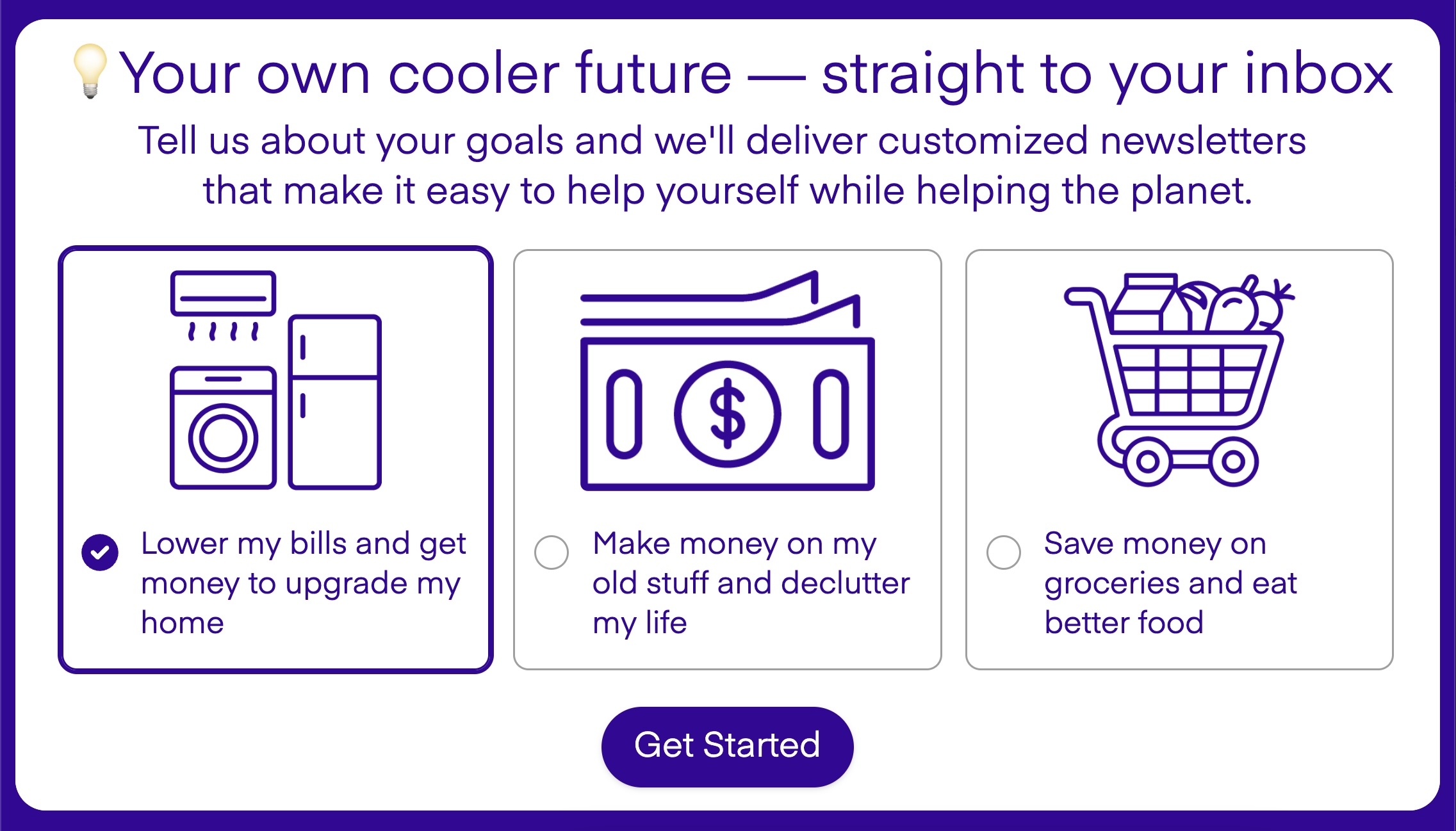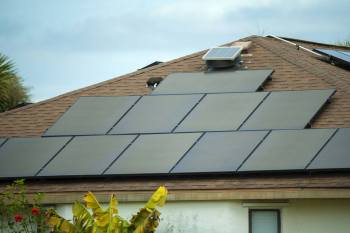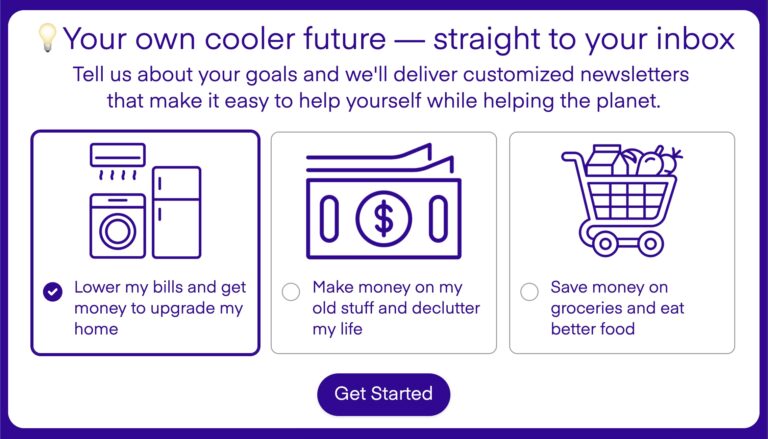Electric Vehicles and Cold Weather: A Technological Warming Trend
Electric vehicles (EVs) are becoming increasingly capable of handling chilly temperatures. This improvement is largely thanks to heat pumps, the very same highly efficient technology transforming home heating and cooling systems.

Heat pumps integrated into numerous EV models have been subtly enhancing these vehicles’ ability to maintain battery life and extend range during cold snaps. This trend, supported by studies from the EV marketplace and battery-performance platform Recurrent, suggests that newer EV models are addressing a key concern people have regarding EVs: potential performance dips in colder weather.
It’s a well-known fact that battery-powered cars experience a reduction in efficiency in cold conditions. This is not exclusive to EVs—all cars are affected, as Recurrent pointed out. However, it’s a particular worry for EVs because it directly impacts the distance they can travel before needing a recharge.
A recent Recurrent study, encompassing 20 popular models and 18,000 vehicles, found that, at freezing temperatures, EVs retained an average of 80% of their original ranges, though performance varied among models. Many of the top-performing models are recent EVs equipped with heat pumps.
There’s clear evidence of the significant impact of heat pumps. In one report, Recurrent noted that range reduction at 32 degrees Fahrenheit can be as high as 25% (or 50 miles) in vehicles without heat pumps. However, with a heat pump, this reduction drops to only 5.9%, equivalent to just 11 miles. Under those conditions, an EV with a heat pump would lose only approximately one-fifth of the range of an EV using conventional heating strategies, as the report indicated.
Why Cold Weather Affects EV Range
EVs lose efficiency in cold weather for two primary reasons. First, chemical reactions within the batteries slow down. Second, people tend to use car heaters more frequently. Since EVs use electric heaters (because their efficient engines don’t produce the waste heat that gasoline cars do), this increased heater use drains the battery.
These effects on an EV’s expected range are temporary and disappear once the temperature rises again. However, this temporary reduction is a notable inconvenience. Heat pumps dramatically improve the situation by heating the car’s cabin more efficiently than the electric-resistance heaters employed in earlier EVs. These vehicle heat pumps operate similarly to home heat pumps; instead of burning fuel, they transfer heat.

Simple Ways to Improve EV Cold-Weather Performance
Without a vehicle heat pump, preconditioning is an important step any EV owner can take. By heating the car’s cabin while it’s still plugged in, you minimize the impact on range while driving.
Heat pumps do not fully resolve the challenges EVs face in cold climates. As reported by The Washington Post, “in the coldest regions, where temperatures regularly drop below 15 degrees Fahrenheit, drivers won’t see as much benefit because heat pumps don’t work well at those extremes.” It’s worth noting that technological advancements have improved the performance of home heat pumps in very cold conditions.
Reviewing Recurrent’s findings in detail, EVs with heat pumps did not always outperform those without them regarding winter range. Nevertheless, heat-pump-equipped EVs demonstrated better average performance. Overall, the incorporation of a heat pump makes an already efficient machine even more effective, paving the way for more people to drive electric cars in moderately cold places. This is positive news for potential car buyers, and especially considering other EV benefits like lower fuel and maintenance costs, along with the elimination of tailpipe emissions.

As stated by Greg Brannon, director of automotive engineering at the American Automobile Association (AAA), heat pumps are a significant step forward for EV adoption in areas with moderate cold weather. Andy Garberson, Recurrent’s Head of Growth and Research, went on to say that concerns regarding winter weather are quickly diminishing for EV drivers.




